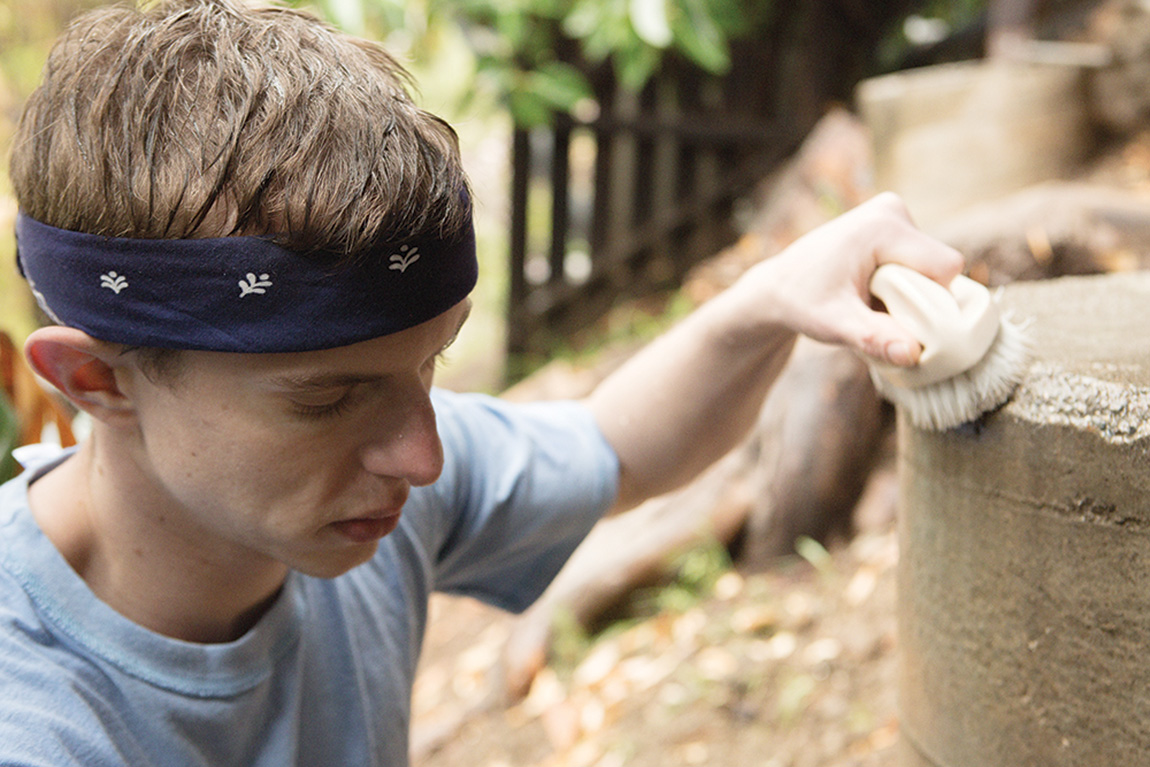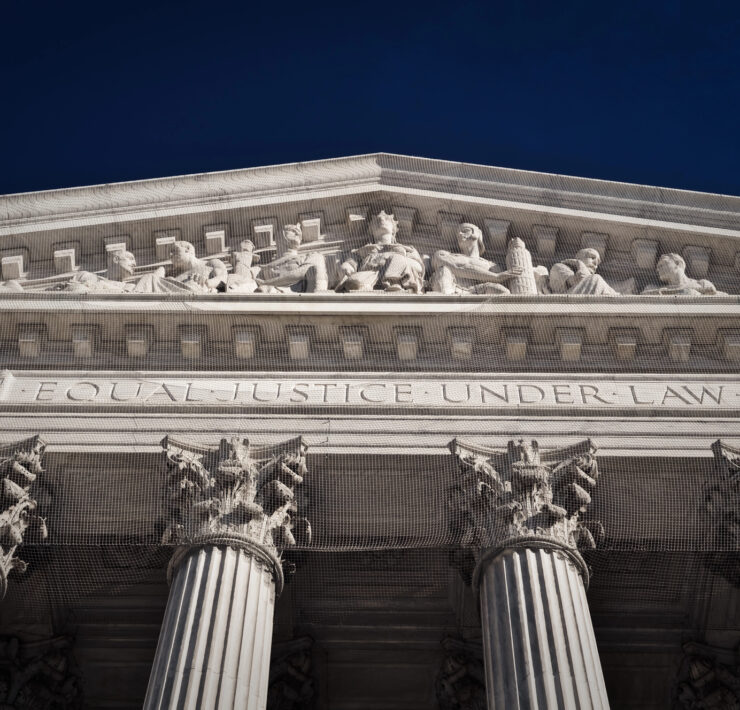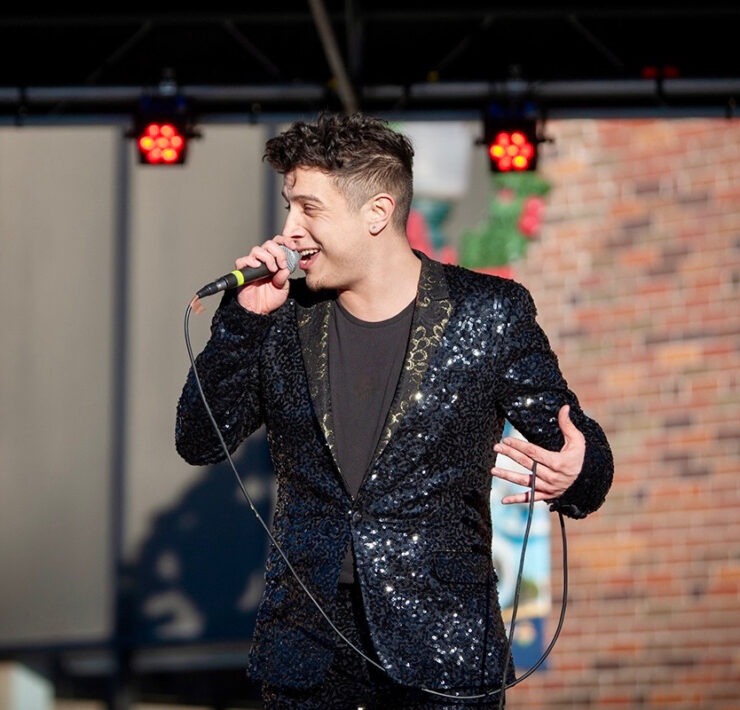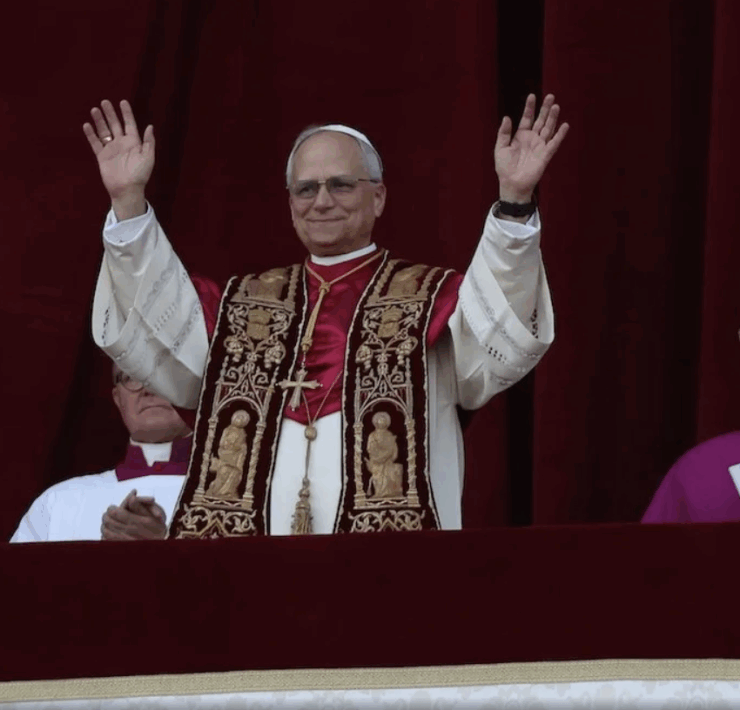Kidnapped for Christ

Gary M. Kramer is a contributing writer to various alternative…
Greeley teen dishes on the dark side of Escuela Caribe in new Showtime documentary
Kate Logan’s probing documentary, “Kidnapped for Christ,” airing this month on Showtime, was originally meant to be an evenhanded examination of Escuela Caribe, a Christian boarding school for troubled teens in the Dominican Republic. However, when she captures institutional abuses on camera, she’s compelled to take action.
Kate got involved in the personal struggle of David Wernsman, then a 17-year-old gay teen from Greeley, Colorado, whose parents sent him to Escuela Caribe in 2006 to “fix” his sexuality. She exposes David’s suffering and helplessness at the school in this disturbing film.
Now 25, but still haunted by the experience, David spoke with Out Front about “Kidnapped
for Christ.”
How did you get involved in the film?
Kate entered Escuela Caribe as a senior from Biola University. She wanted to get the story of the students and she wanted to interview me. I took the risk of telling her why I was there.
Did you think Kate could rescue you?
It was a leap of faith for me. It was amazing that I was able to get a letter to Kate — if a piece of paper was found in our pockets, we would get in huge trouble. I kept that letter hidden and was freaking out during my inspection, but I thought it was worth the risk.
You talk about not being able to trust your parents in the film. What is your relationship with them like now?
I quickly set the rules with my parents: This is who I am, take it or leave it. My relationship with them has grown tremendously since then. I forgive them because they didn’t know what the school was doing. They were convinced by the [Escuela Caribe] people that they were doing the right thing. There is some guilt, but the parents are victims along with the students.
How did you grapple with the rules of the school?
I kept my Ps and Qs. I knew that by not following the rules, things would get hard. A student learns to comply — go numb, and get into this mindset: “Do whatever they tell me.” You become emotionless, and that’s the goal for “troubled teens” who have a history of “acting out” — being gay, having anger problems, anxiety, etc. Being “robotic” is the transformation. They would tell us they are breaking us down and building us up into the Christian way of thinking.
There is a chant in the film, “Do not conform any longer to the pattern of this world,” which seems paradoxical. Can you discuss this?
I found it really ironic to use that Bible verse. I was very involved with faith and the Bible before I came out, and it floors me how they would use it in the most incorrect way to justify everything they were doing.
Are you still faithful?
I’m faithful and spiritual, but you won’t see me going into any church anytime soon.
What advice would you give to gay teens and/or other students that might face the situation you did?
I would advise [parents] that sending a kid away is not the answer. If they feel they need to do that for drug issues, look up the facility and know what they do. If there is a kid acting out, the kid is likely not the root of the problem. But that’s the nature of relationships between parents and kids.
What's Your Reaction?
Gary M. Kramer is a contributing writer to various alternative queer news organizations across the country. He covers film for Out Front Colorado.










